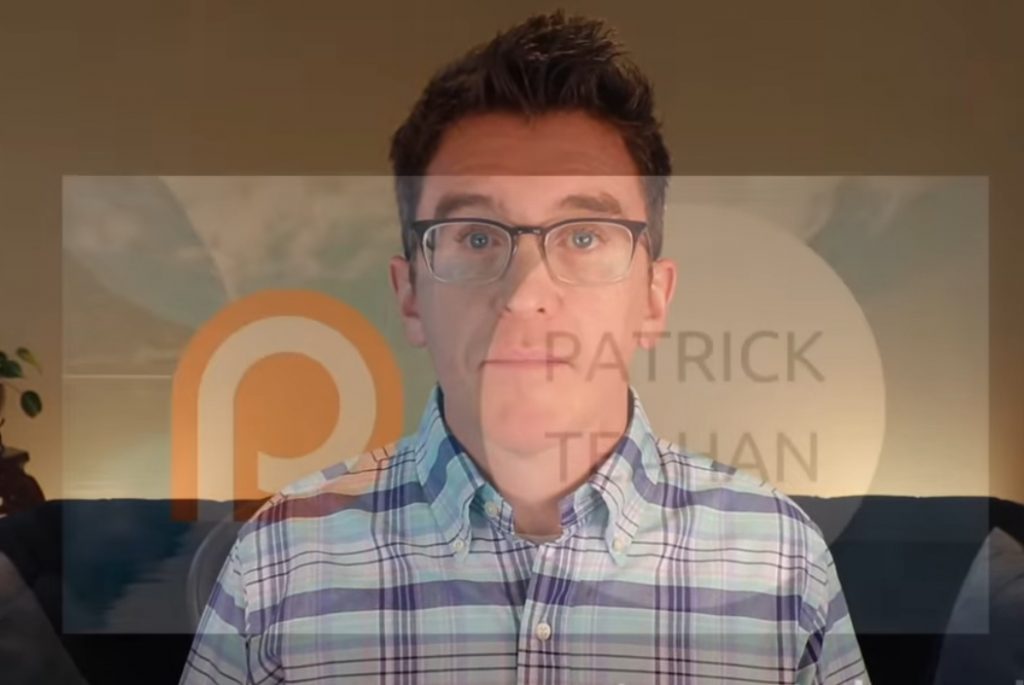Meet Patrick Teahan,Therapist<span style="caret-color: rgb(0, 0, 0); color: rgb(0, 0, 0); font-family: -webkit-standard; font-size: medium; letter-spacing: normal; text-transform: none; white-space: normal; word-spacing: 0px;"

When you find there are gaps in the timeline of childhood memories the most thoughtful discussion of this dilemma that I could find is within the video below.
Dr. Teahan shares an idea that serves as an anchor for me when I meet with individuals. He says, the goal is not getting the memories back. I couldn’t agree more.
It is never wise to feel pressure about memories. I often observe that your brain stays occupied with taking up the slack and hitting the brakes if there is a memory that is too painful for you to handle. As integrity-filled choices unfold IN OTHER AREAS OF GROWTH –over time —it is as if you are building a crash worthy vehicle. It can proceed with curiosity and not have severe and shocking times of slamming on the brakes. No whiplash.
To be effective, you aren’t attacking the memory issue directly. It is as if memories are polite and they want you to thrive. They will come to your front door when you are sturdy enough to open the door and engage with them in a self preserving way. Dr Teahan outlines how facing the family dynamics of the things YOU Do KNOW is the backbone of gaining a clearer experience of your childhood memories. He says, ” There is a time for everything.” I agree.
Remember, as we noted last week, in a disrupted home there was not a healthy rehearsal of stories. If that was the case for you, the long term memory bank that you have access to is not overflowing. Often photographs that you find decades after an event can serve as a stand-in for this rehearsal process. If I held a photo from my childhood I would ask a few central questions.
1. What was the motive to take the photo?
2. Are there memories provoked by the room or the furnishings?
3. What emotion is stirred by the photo when you see it now? What comes to you with the perspective of the passage of many years?
Listen to the Teahan video below to learn about the factors that can complicate the issue of memory loss. It may be that in your family the stimulation mentally was so mild that the boredom of neglect caused you to not hold on to many memories. It seemed pointless to record white noise. Or, in an opposite home, memory loss occurs when you are living in an environment that is over stimulating. If there was a constant fear for your safety and there was daily stress due to verbal or physical confrontations, this causes a child to dissociate and detach. It is hard but not having a cache of strong memories does not handicap the work of counseling and trauma recovery. I find this to be good news.
Remember: Aiming at memory retrieval directly actually decreases the productive and kind ways that promote change. Kindness and truth move us into healing more often than pressure.
| not assigned | The Trauma Experience |
Related Posts
- 3 Trauma Stories & 3 Take-Aways
- Automatic Obedience and Other Reactions
- Defining the Word Trauma
- Distortions of Beliefs
- Efficacy
- Exile Trauma
- Overfunctioning can be a Side Effect of Skipping a Talking Day
- Paucity (Speech Pattern)
- The True Self & Trauma
- Time is Scrambled/*not linear
- True Self Part #2
- Unattainable Memories
